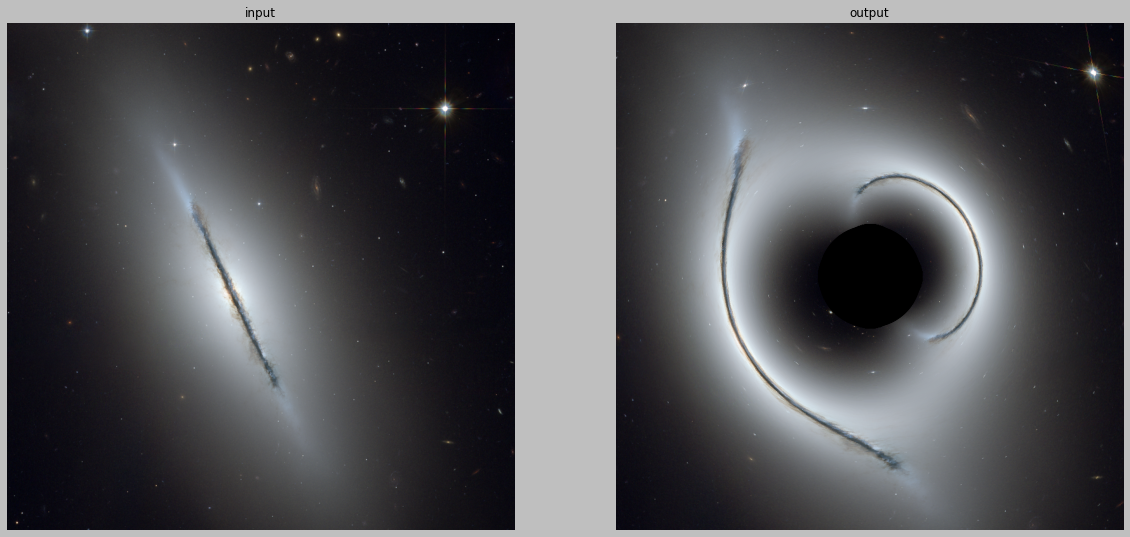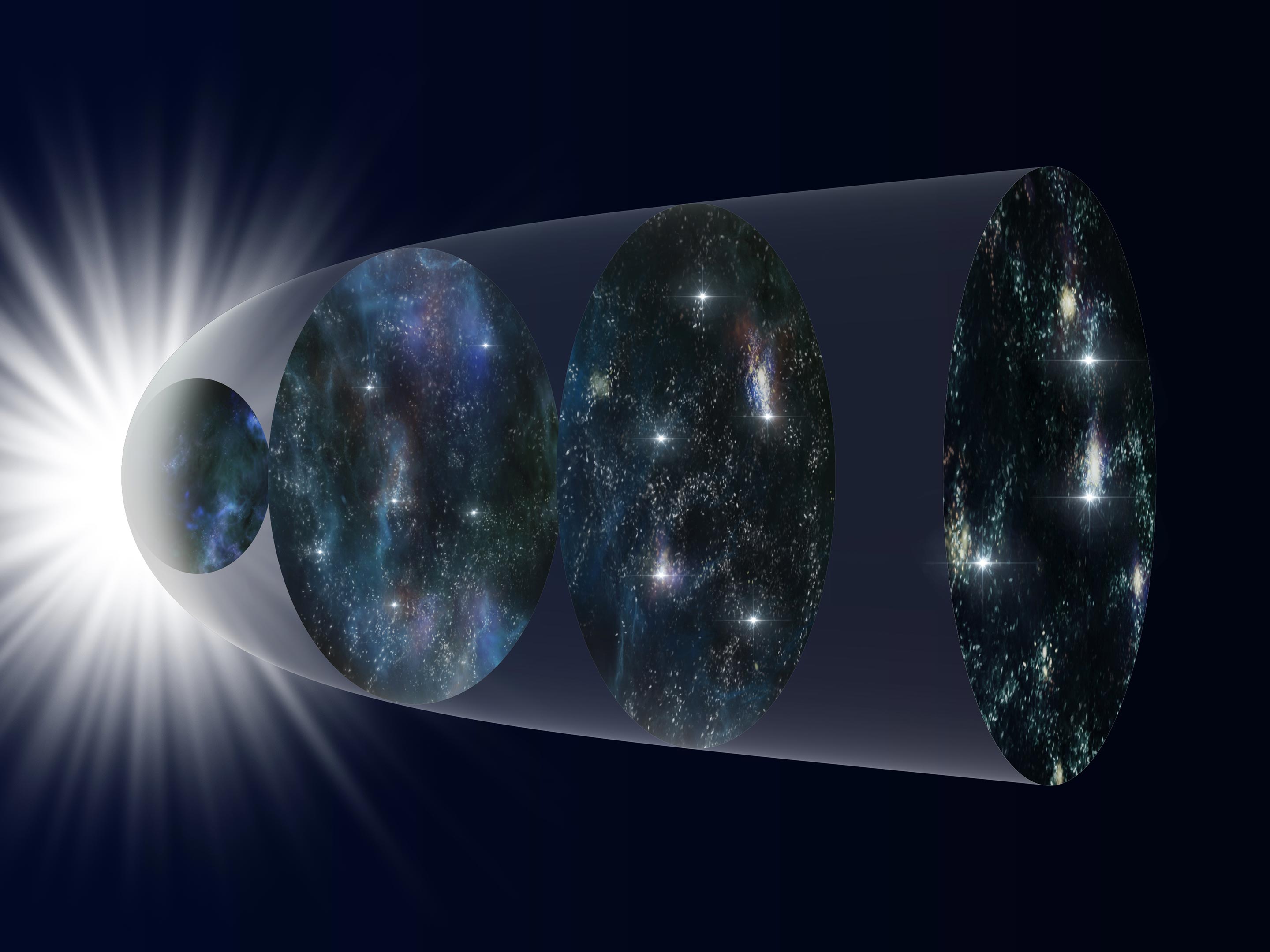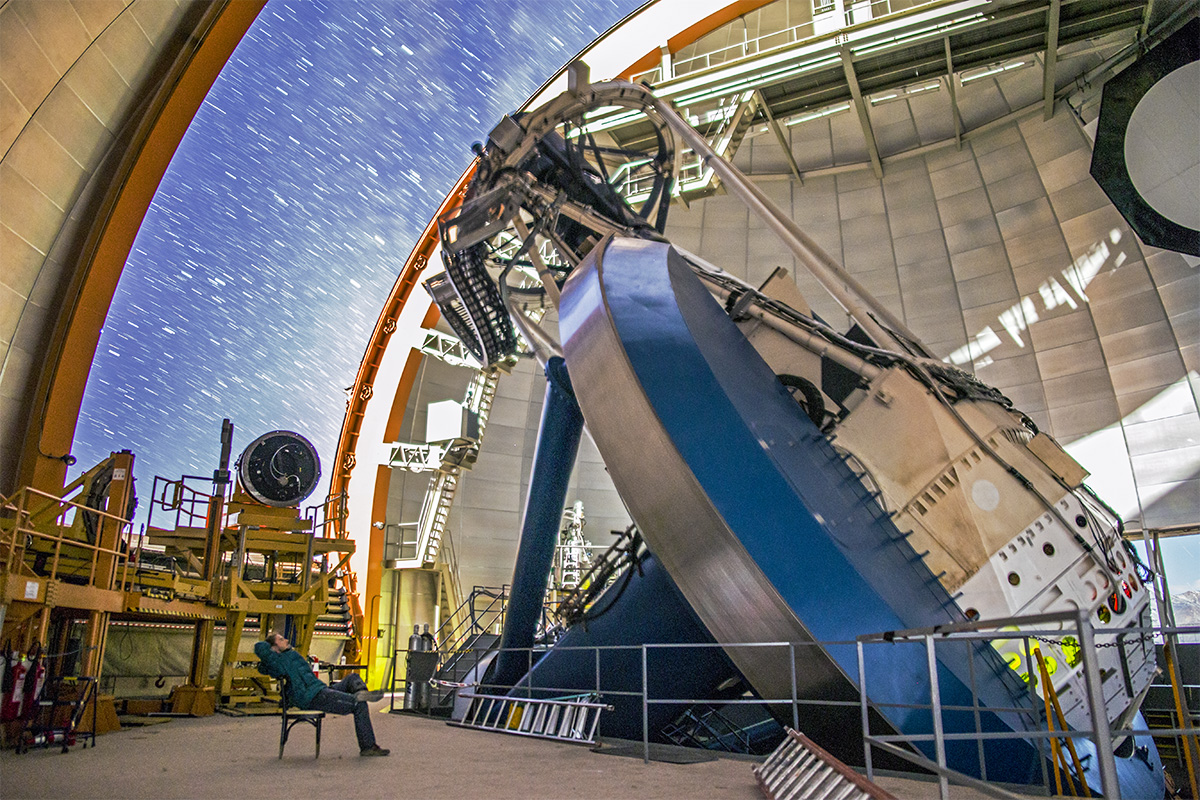Cosmology is at an exciting crossroads, as mounting evidence continues to challenge the backbone of modern astrophysics. Recent findings shed new light on the so-called “Hubble tension” and introduce us to yet another conundrum: the “Sigma 8 tension,” hinting at potential gaps in our understanding of how matter clumps in the universe. As someone deeply invested in science and evidence-based discovery, I can’t help but marvel at how far our understanding of the cosmos has come—and how much remains unresolved. These new insights could eventually reshape our grasp of general relativity and the Lambda CDM model.
Understanding Lambda CDM: The Foundation of Modern Cosmology
The Lambda CDM model (or the concordance model) serves as the primary framework for describing the universe at large scales. Here, “Lambda” refers to dark energy, the mysterious force driving the accelerated expansion of the cosmos, and “CDM” stands for Cold Dark Matter, the unseen mass believed to form the universe’s scaffolding. The model relies on six key parameters to predict observable phenomena, two of which—largely governed by Einstein’s theory of general relativity—have been throwing astrophysicists for a loop:
- The Hubble constant (H0), which measures how quickly the universe is expanding.
- Sigma 8, a metric for how matter clusters over varying scales.
Both parameters exhibit discrepancies between observations and theoretical predictions, challenging the accuracy of our cosmological model and inviting speculation about what might be missing or incorrect.
What Is the Hubble Tension?
The Hubble tension refers to the inconsistent measurements of the Hubble constant’s value. Data derived from early-universe observations, such as the cosmic microwave background (CMB) radiation via the Planck satellite, consistently yield a lower H0 value than measurements based on supernovae and other distance markers in the relatively nearby (and more recent) universe. Simply put, the universe seems to expand at different rates depending on how we calculate it.
This disagreement raises pivotal questions: Is there a flaw in our measurements? Or are the core principles of Lambda CDM and general relativity unable to account for the true nature of the universe’s behavior?
The Sigma 8 Tension: The Universe Isn’t Clumpy Enough
Adding another layer of complexity is the Sigma 8 tension, a discrepancy in how well matter clumping matches theoretical predictions. Observations, such as those collected by the Dark Energy Survey using gravitational lensing of galaxy clusters, reveal that matter in the universe is less “clumpy” (or clustered) than expected.
Physicists use the “gravitational potential,” or the way space and time warp around massive objects, to gauge clumping. Under Lambda CDM, these gravitational wells should deepen over time as matter consolidates. However, recent data shows less clumping than models predict. While this tension is still statistically mild (with significance levels of 2-2.8 sigma), it hints at potential cracks in the Lambda CDM framework.
Modified Gravity or Beyond Lambda CDM?
If the data holds up, two possibilities come into focus:
- Lambda CDM may need reformulation: This could mean adjusting parameters or rethinking certain assumptions, such as how dark energy evolves over time or how voids in matter affect cosmic structure formation.
- General relativity itself might be at fault: Much like how Einstein’s theory of relativity replaced Newtonian mechanics, we could be facing the need for a paradigm shift. New frameworks of modified gravity, capable of accommodating the observed tensions, are actively being explored.
Modified gravity theories, such as MOND (Modified Newtonian Dynamics) or extensions involving scalar fields, show promise in addressing these anomalies. For example, some modified gravity models account for the observed data better than Lambda CDM. However, any claim that “Einstein was wrong” should be approached cautiously, as these theories need to be rigorously scrutinized and validated across multiple datasets.
Implications for Cosmology
What excites me most about these findings isn’t just the potential for a new model or theory—it’s the sheer achievement of modern science. When I was studying physics and astrophysics, cosmology still felt like philosophy with equations. Today, thanks to instruments like the Dark Energy Survey, Planck satellite, and gravitational lensing arrays, we have an astonishing reservoir of data at our disposal.
| Key Measurement | Method Used | Anomaly |
|---|---|---|
| Hubble Constant | CMB radiation vs. supernova observations | Conflicting expansion rates |
| Sigma 8 | Gravitational lensing and galaxy cluster data | Lower-than-expected clumping |
| Gravitational Potential | Dark Energy Survey measurements | Doesn’t deepen as predicted |
What’s Next for Cosmology?
The future of understanding these tensions requires broader datasets, refined statistical analyses, and novel testing frameworks for both existing and modified theories. It’s intellectually humbling to see how interconnected and precise the universe’s structures are, yet how elusive the answers can be when predictions don’t align with data.
For those curious about these challenges, I encourage engaging with interactive tools and educational resources like Brilliant.org. Their courses on quantum mechanics and mathematics are fantastic starting points for building a foundation to explore these topics.
Ultimately, as a lifelong learner and someone captivated by the wonders of the cosmos, I value the opportunity to explore this time of scientific upheaval and discovery. While we may be a long way from a definitive answer, the pursuit itself is perhaps the most exciting aspect of all.


Focus Keyphrase: Lambda CDM and cosmological tensions


